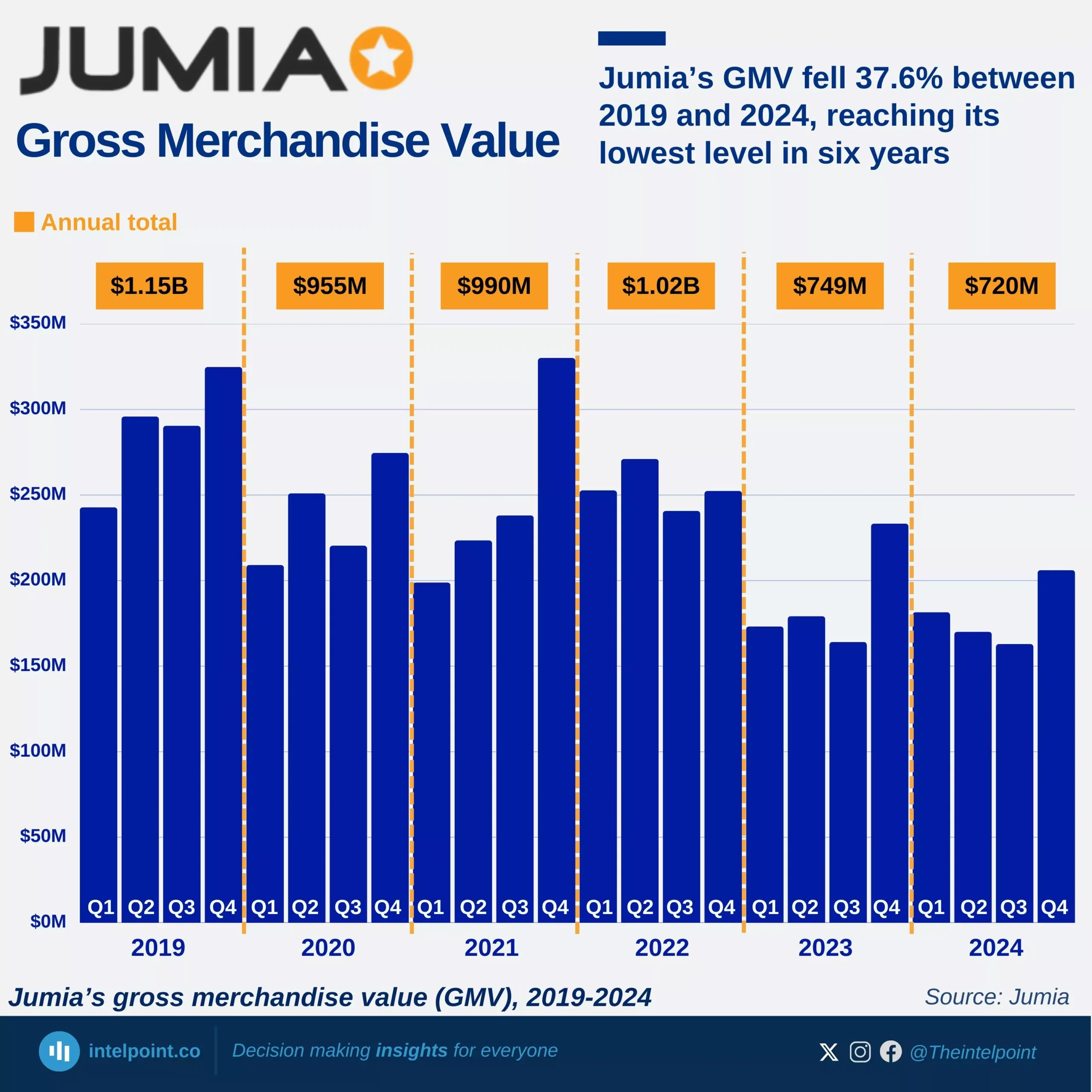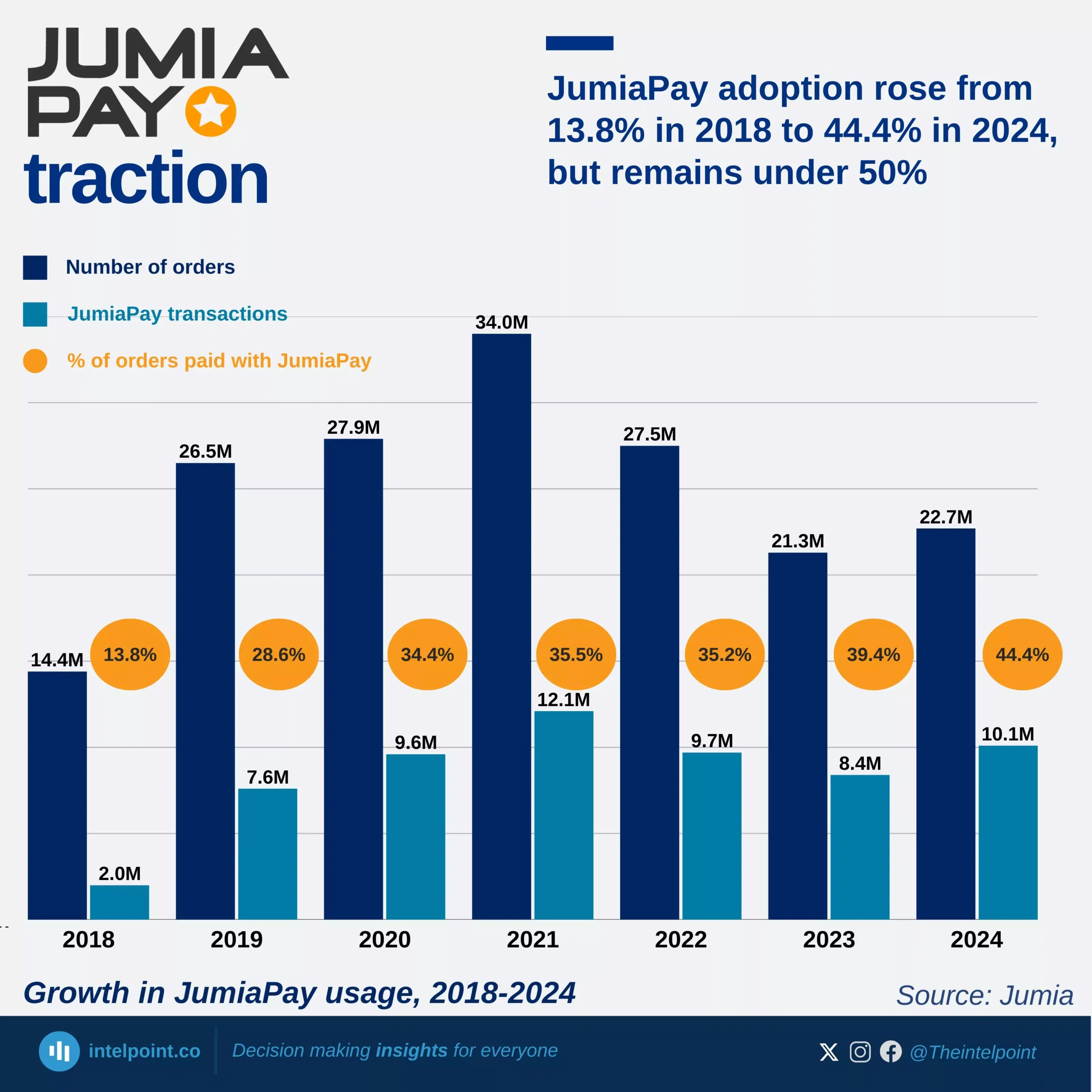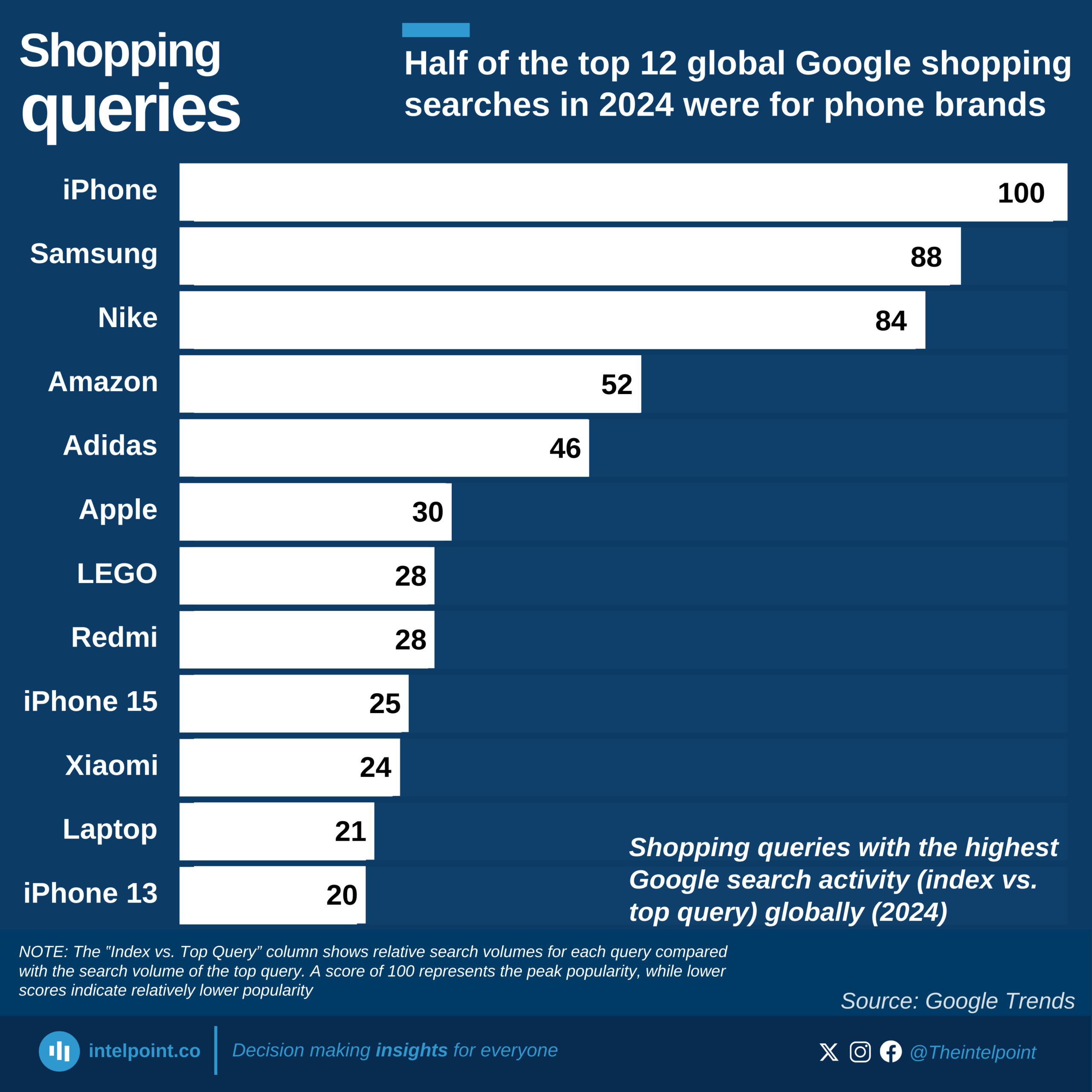Jumia, the leading pan-African e-commerce platform operating in nine countries, with Nigeria and Egypt as its largest markets, had its peak years in 2021 and 2022. In 2021, the company recorded its highest number of orders, while 2022 marked the peak for active customers. However, following these highs, Jumia has experienced a notable decline in both key metrics. Active customers, which the company uses as a measure of platform usage, dropped sharply by 32.14% between 2022 and 2023. Similarly, total orders which account for all purchases regardless of cancellations or returns, declined by 29.02% over the same period, reaching 23.2 million in 2023, the lowest in seven years.



Temu has embarked on an extraordinary global expansion, cementing its place as a leading e-commerce platform across multiple markets. From its launch in the US in 2022, Temu has quickly become one of the most downloaded shopping apps in the country.
However, Temu's rapid rise has not been without its challenges. Regulators in the EU, US, and South Korea have closely scrutinised the company, examining potential links to labour issues, data protection concerns, and intellectual property violations. Despite these hurdles, Temu has continued to forge ahead, becoming Meta's top advertiser for the year and making a splash with its second Super Bowl campaign in 2024. As Temu expands into new regions, the company must navigate an evolving regulatory landscape to maintain its momentum and solidify its position as a global e-commerce powerhouse.

Jumia Group has recorded $1b in losses since listing on the New York Stock Exchange in 2019. The eCommerce giant also recorded its highest yearly loss in 2019. In recent years, Jumia Group has shut down some of its businesses across Africa, thus recording its lowest loss over seven years in 2023.
